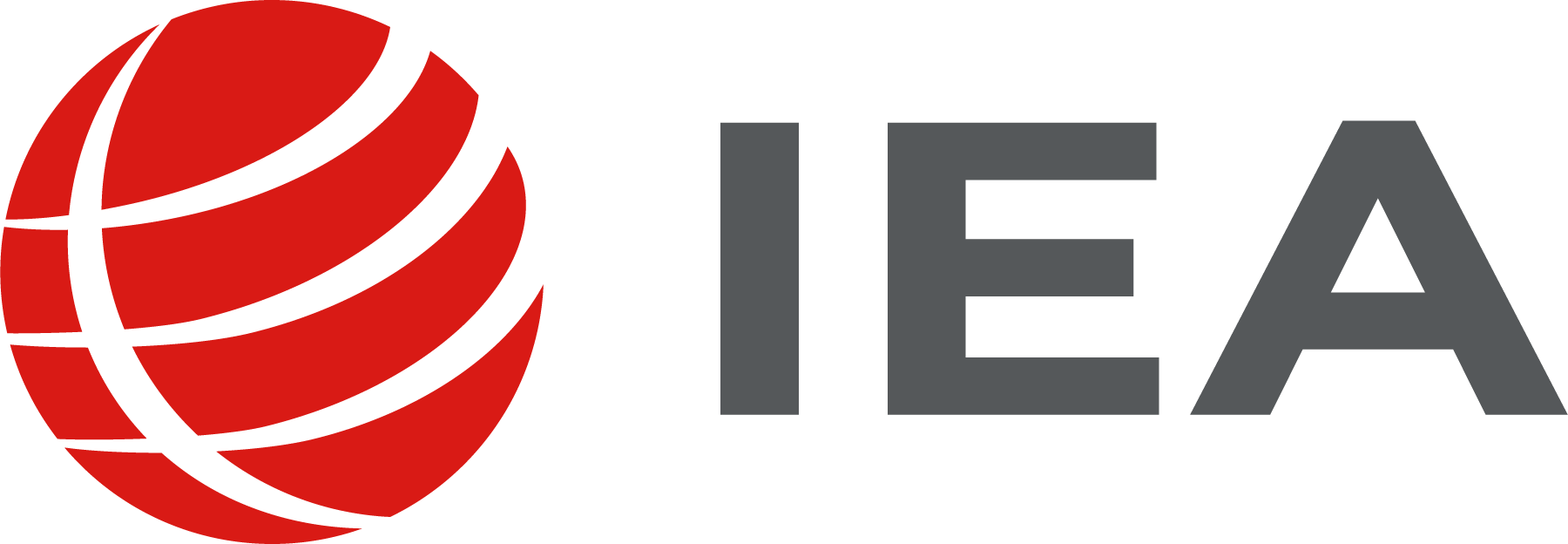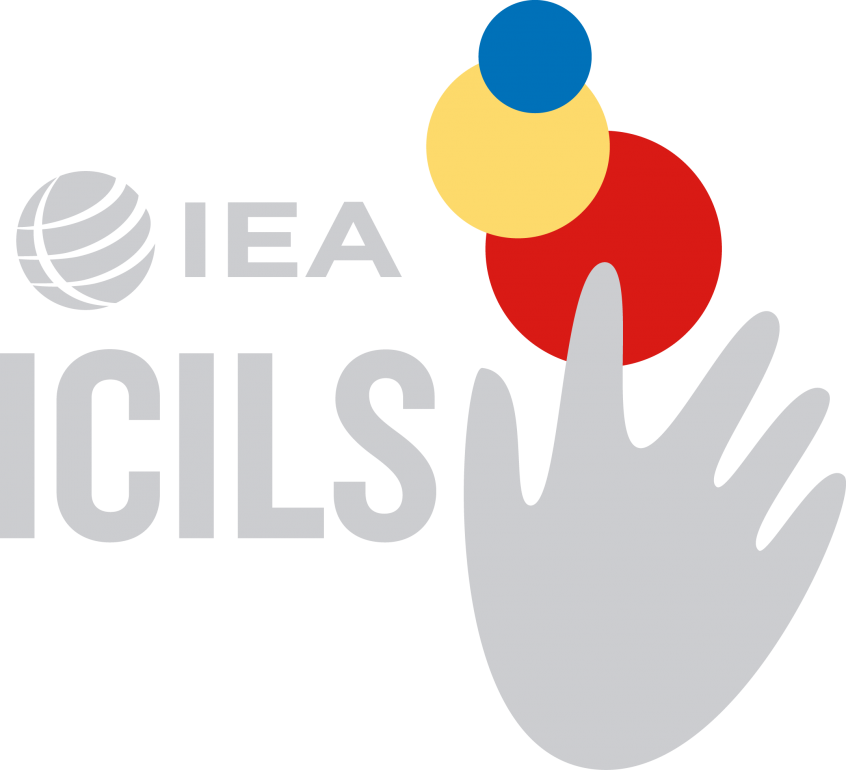On 19 February 2021, the Council of the European Union adopted a ‘Resolution on a strategic framework for European cooperation in education and training towards the European Education Area and beyond (2021-2030)’, revising the education and training targets set out in the Education and Training 2020 strategic framework.
As a means of monitoring progress and identifying challenges, as well as contributing to evidence informed policy-making through systematic collection and analysis of internationally comparable data, a series of reference levels of European average performance in education and training, or EU-level targets, were identified to support the strategic priorities outlined in the Resolution for the period 2021- 2030.
Specifically, under the new framework, seven EU-level targets for education and training are to be reached by 2030, with digital competence of pupils encompassed within the second of the seven targets. This target on low achieving eighth-graders in digital skills will be based on IEA's International Computer and Information Literacy Study (ICILS). Following adoption by the Council, it is now an official EU-level target endorsed by the EU Member States.
"The share of low-achieving eighth-graders in computer and information literacy should be less than 15%, by 2030."
IEA's TIMSS, PIRLS, ICCS and ICILS studies are well-established metrics for assessing educational outcomes, and this target is the same as that put forward by the European Commission in the Communication on achieving the European Education Area by 2025 last year. The 2023 cycle of ICILS, has seen the greatest number of participants yet for the study, partly in thanks to the support from the EU, with over 30 interested education systems. Enrollment for ICILS 2023 is still open for interested countries and more information can be found here.
Source: https://www.consilium.europa.eu/media/48584/st06289-re01-en21.pdf

